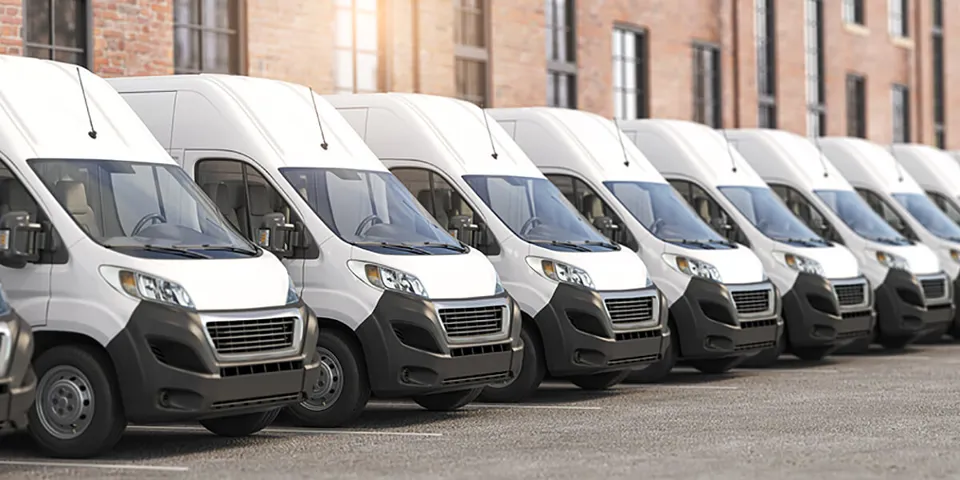That said, with the target based on an average of all vans sold by a manufacturer, it will obviously pay to reduce CO2 emissions where possible. And in this regard, the planned launch by manufacturers of electric vans could make a major difference to these calculations, given the emissions are measured at the tailpipe, and electric car CO2 direct emissions are of course zero.
The overall carbon impact of a van’s production and use is not part of this legislation, prompting criticism from environmentalists who point out that even electric cars cause CO2 emissions when they draw power from a grid fed by power stations fuelled by coal, oil and natural gas.
But electric vans are without doubt cleaner in carbon terms, and this is recognised by the legislation. It says vans that emit less than 50g CO2/km will earn auto-makers ‘supercredits’ under its formula by counting as 3.5 vehicles towards the average in 2014-2015; 2.5 in 2016; and 1.5 in 2017.
And there is a financial incentive for manufacturers to release more green cars - each new van over the agreed limits would attract penalties rising to Euro EUR95 per gram from 2019.
Renault’s electric vehicle programme head Andy Heiron said: “We welcome any incentives that promote the development and sales of electric vehicles.”
He noted his company’s Kangoo Z.E. electric van goes on sale later this year, from £16,990. And he thought that the risk of financial penalties would push manufacturers into increasing prices for new combustion engine vans, because of the required investment: “We suspect that the penalties for higher CO2-emitting LCVs could increase costs for fleet companies as the cost of new technology for a manufacturer would be weighed up against these potential penalties.”
And of course for fleets, fuel costs are a key issue. Caroline Watson, of the Energy Saving Trust, said: “Increasing fuel efficiency of vans can have a benefit to the environment as well as the finances of van users as it will reduce their fuel costs. As the majority of vans are used for business whole life costs of the vehicle are often the priority when choosing which van to purchase, so reduced fuel costs can be a real benefit to customers.”
More follows on page three...

















Login to comment
Comments
No comments have been made yet.